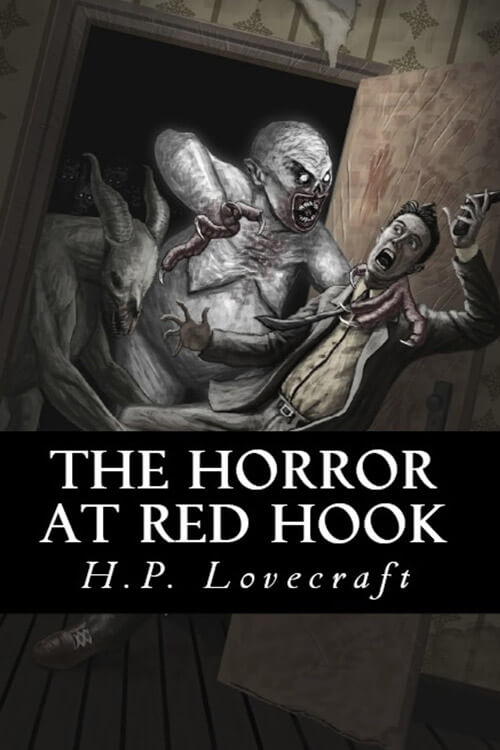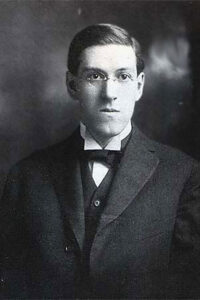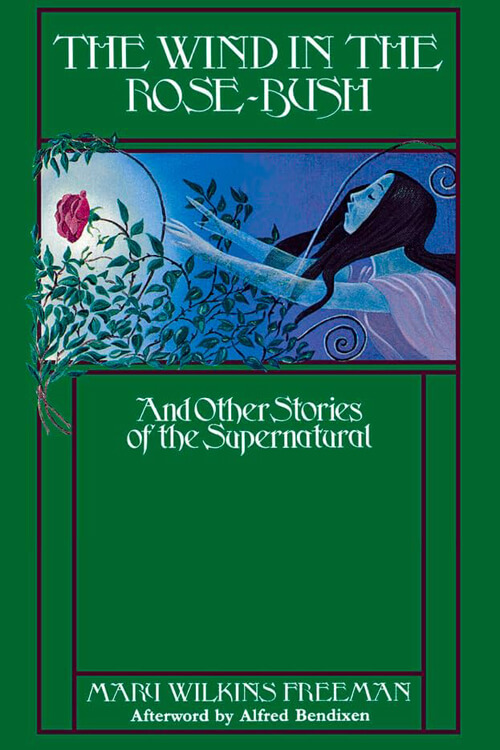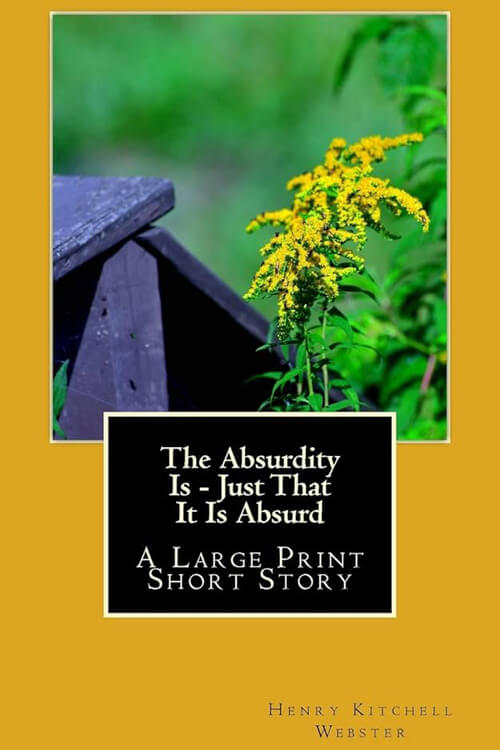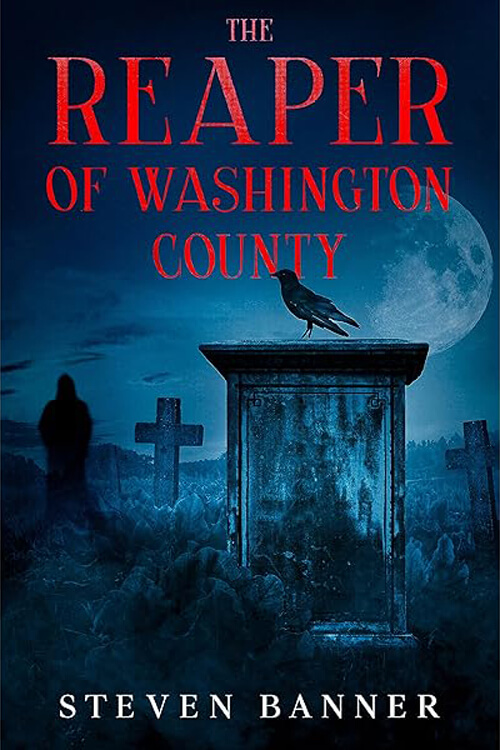
The Horror at Red Hook
So much the gossips of Chepachet and Pascoag knew, and so much, also, the most learned specialists believed. But Malone had told the specialists much more at first, ceasing only when he saw that utter incredulity was his portion. After that, he held his peace, protesting not at all when it was generally agreed that the collapse of certain squalid brick houses in the Red Hook section of Brooklyn and the consequent death of many brave officers had unseated his nervous equilibrium. All said, he had worked too hard to clean up those nests of disorder and violence; certain features were shocking enough, in all conscience, and the unexpected tragedy was the last straw. This was a simple explanation that everyone could understand, and because Malone was not a simple person, he perceived that he had better let it suffice. To hint to unimaginative people of horror beyond all human conception—a horror of houses and blocks and cities leprous and cancerous with evil dragged from elder worlds—would be merely to invite a padded cell instead of a restful rustication, and Malone was a man of sense despite his mysticism. He had the Celt’s far vision of weird and hidden things but the logician’s quick eye for the outwardly unconvincing. This amalgam had led him far afield in the forty-two years of his life and set him in strange places for a Dublin University man born in a Georgian villa near Phoenix Park.
And now, as he reviewed the things he had seen and felt and apprehended, Malone was content to keep unshared the secret of what could reduce a dauntless fighter to a quivering neurotic, what could make old brick slums and seas of dark, subtle faces a thing of nightmare and eldritch portent. It would not be the first time his sensations had been forced to bide uninterpreted—for was not his very act of plunging into the polyglot abyss of New York’s underworld a freak beyond sensible explanation? What could he tell the prosaic of the antique witcheries and grotesque marvels discernible to sensitive eyes amidst the poison cauldron where all the varied dregs of unwholesome ages mix their venom and perpetuate their obscene terrors? He had seen the hellish green flame of secret wonder in this blatant, evasive welter of outward greed and inward blasphemy and had smiled gently when all the New Yorkers he knew scoffed at his experiment in police work. They had been very witty and cynical, deriding his fantastic pursuit of unknowable mysteries and assuring him that, in these days, New York held nothing but cheapness and vulgarity. One of them had wagered him a heavy sum that he could not—despite many poignant things to his credit in the Dublin Review—even write a fascinating story of New York low life, and now, looking back, he perceived that cosmic irony had justified the prophet’s words while secretly confusing their flippant meaning.
Read or download Book
Howard Phillips Lovecraft
Howard Phillips Lovecraft (August 20, 1890 – March 15, 1937) was an American writer of weird, science, fantasy, and horror fiction. He is best known for his creation of the Cthulhu Mythos.
Biography.
Born in Providence, Rhode Island, Lovecraft spent most of his life in New England. After his father’s institutionalization in 1893, he lived affluently until his family’s wealth dissipated after the death of his grandfather. Lovecraft then lived with his mother, in reduced financial security, until her institutionalization in 1919. He began to write essays for the United Amateur Press Association, and in 1913, wrote a critical letter to a pulp magazine that ultimately led to his involvement in pulp fiction. He became active in the speculative fiction community and was published in several pulp magazines. Lovecraft moved to New York City, marrying Sonia Greene in 1924, and later became the centre of a wider group of authors known as the “Lovecraft Circle”. They introduced him to Weird Tales, which would become his most prominent publisher. Lovecraft’s time in New York took a toll on his mental state and financial conditions. He returned to Providence in 1926 and produced some of his most famous works, including The Call of Cthulhu, At the Mountains of Madness, The Shadow over Innsmouth, and The Shadow Out of Time. He would remain active as a writer for 11 years until his death from intestinal cancer at the age of 46.
Lovecraft’s literary corpus is based on the idea of cosmicism, which was simultaneously his philosophy and the central theme of his fiction. Cosmicism posits that humanity is an insignificant part of the cosmos and could be swept away at any moment. He incorporated fantasy and science fiction elements into his stories, representing the perceived fragility of anthropocentrism. This was tied to his ambivalent views on knowledge. His works were primarily set in a fictionalized version of New England. Civilizational decline also plays a significant role in his works, as he believed that the West was in decline during his lifetime. Lovecraft’s early political views were conservative and traditionalist; additionally, he held many racist opinions for much of his adult life. Following the Great Depression, Lovecraft’s political views became more socialist while remaining elitist and aristocratic.
Throughout his adult life, Lovecraft could never support himself from his earnings as an author and editor. He was virtually unknown during his lifetime and was almost exclusively published in pulp magazines before his death. A scholarly revival of Lovecraft’s work began in the 1970s, and he is now regarded as one of the most significant 20th-century authors of supernatural horror fiction. Many direct adaptations and spiritual successors followed. Works inspired by Lovecraft, adaptations or original works, began to form the basis of the Cthulhu Mythos, which utilizes Lovecraft’s characters, setting, and themes.

